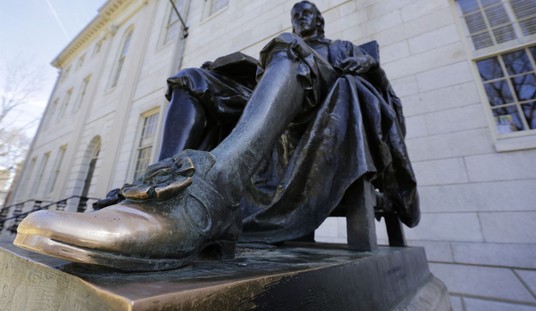In the span of less than a week, the once-beloved Silicon Valley Bank reported it had lost most of its money, sought a buyer, collapsed, was taken over by the FDIC, and is now being auctioned off.
News broke Sunday afternoon that federal regulators are putting the bank up for auction, and that bids are due by Sunday night. It’s a quick turnaround for a financial institution that was once a darling of the financial sector. According to the Wall Street Journal, after the Federal Deposit Insurance Corp. took over Silicon Valley Bank on Friday “after a run on deposits doomed its efforts to raise fresh capital and shore up its finances,” government regulators are trying to find buyers in order to repay depositors.
The FDIC only insures deposits up to $250,000, and as of Friday, it was unclear how many of the bank’s depositors had put more than that amount into the bank, but it’s widely believed to be significant.
But last week’s financial panic seems to be leading to worries in the nation’s capital that more is on the way.
Lawmakers are scrambling to get information from banking regulators and industry leaders on whether the demise of SVB — which had counted some of the world’s top investment firms among its customers — could pose a risk to other banks. SVB is the largest lender to fail since Washington Mutual went down during the 2008 global financial crisis, and its collapse is sowing concern that thousands of businesses may be unable to make payroll on Monday.
Battle lines are already being drawn over what caused SVB’s stunning demise. Progressives and some investors are blaming the Federal Reserve for its rapid interest rate hikes, which have burdened many lenders. Democrats say Republican-led deregulation of banks removed critical safeguards. Others say regulators failed to spot red flags in the bank’s investment portfolio and customer base. Many blame SVB itself.
“Imagine if politicians’ campaign funds were in SVB. Does anyone think we wouldn’t have had more action & communication?” Democrat Rep. Ro Khanna, whose Northern California district is home to the bank, tweeted on Saturday afternoon.
The tech sector, which was almost exclusively the focus of the bank’s financial activity, has been reeling for months thanks to the pendulous economy and the Fed’s interest rate hikes are at least partly to blame.
Opposite the concerns of Rep. Khanna is the emerging GOP talking point the government should not be bailing out SVB.
Nikki Haley, the former South Carolina governor and United Nations ambassador running for the GOP nomination, was among the first in the still-emerging GOP field to call for no taxpayer exposure to the bank’s failure and by Sunday was already soliciting online campaign contributions on the topic.
My colleague Streiff made a similar point earlier this week, writing that “The problem with our financial system is entirely too much faith,” and that “Bankers have mutated from the ultra-cautious figures of the 40s and 50s into casino hustlers.”
There is definitely a point to be made there. It’s an enormous risk to have a lack of diverse holdings in a financial institution, and SVB’s leadership was full of seasoned people who should have known better. But the tech industry is an ever-evolving industry, with new innovations coming seemingly every five minutes. Investments into developing those innovations are indeed necessary, but when your financial institution is focused on one sector and investing in short-term bonds, it’s an extremely risky model that only needs a few days to collapse as stunningly as SVP did.
But the biggest firms have been warning customers that there is no need to start running on the banks. Most firms have a long history of tested investment holdings and strategies, and their customers are not currently at risk of losing their money. The panic, however, that is engulfing Washington D.C. and Wall Street my still spread to the rest of the country. Only time will tell if this collapse is truly contained or not.














Join the conversation as a VIP Member